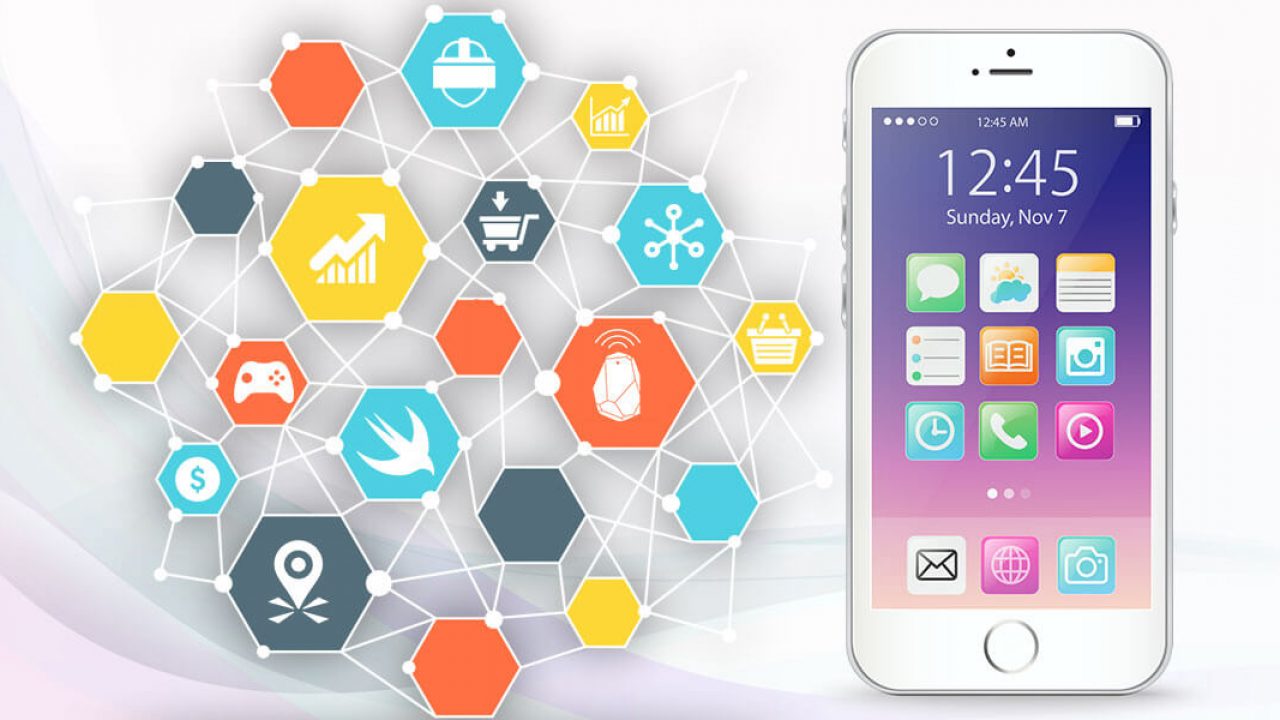Introduction
Overview of iPhone App Development
iPhone app development is a rapidly growing field, driven by the increasing demand for innovative and user-friendly mobile applications. This guide aims to assist you in navigating the process of selecting an iPhone app development company in the UK, ensuring your project moves smoothly from concept to app store.
Importance of Choosing the Right Development Company
Choosing the right development company is crucial for the success of your app. The right partner will not only bring your vision to life but also provide valuable insights, technical expertise, and support throughout the development process.
Objectives of the Guide
This guide will provide a comprehensive overview of the key factors to consider when choosing an iPhone app development company, including understanding your needs, evaluating potential partners, and managing the development process.
Understanding Your Needs
Defining Your App Concept
Before searching for a development company, it’s essential to have a clear concept of your app. Define its purpose, target audience, and core features. A well-defined concept will help you communicate your vision effectively to potential development partners.
Identifying Target Audience
Understanding your target audience is crucial for the success of your app. Identify the demographic characteristics, preferences, and pain points of your potential users. This information will guide the development process and ensure the app meets user needs.
Determining Essential Features and Functionalities
List the essential features and functionalities your app must have. Prioritize these features based on their importance to your app’s primary purpose and user experience. This list will serve as a basis for discussions with potential development companies.
Budget and Timeline Considerations
Establish a budget and timeline for your project. Be realistic about what you can afford and the time it will take to develop the app. This will help you find a development company that can deliver within your constraints.
Researching Potential Development Companies
Where to Find iPhone App Development Companies
There are several sources to find potential development partners, including online directories, tech forums, industry events, and referrals from your network. Websites like Clutch, GoodFirms, and Upwork provide reviews and ratings of development companies.
Evaluating Company Portfolios
Examine the portfolios of potential development companies to understand their experience and capabilities. Look for projects similar to yours in terms of complexity and industry. Assess the quality of their work, design aesthetics, and user experience of the apps they’ve developed.
Checking References and Reviews
Contact past clients and read online reviews to get a sense of the company’s reliability, communication, and problem-solving abilities. Reviews on platforms like Google, Yelp, and specialized tech forums can provide valuable insights.
Assessing Technical Expertise
Ensure the company has the technical expertise to develop your app. They should be proficient in iOS development languages such as Swift and Objective-C and familiar with the latest iOS frameworks and development tools.
Understanding Their Development Process
Ask about their development process. A structured process that includes regular updates, iterative testing, and client feedback is crucial for successful project completion. This will also give you an idea of how they manage timelines and handle challenges.
Initial Consultation and Requirements Gathering
Preparing for the Initial Meeting
Prepare a detailed brief of your app concept, target audience, essential features, budget, and timeline for the initial meeting with potential development companies. This will ensure you can effectively communicate your needs and expectations.
Key Questions to Ask During Consultation
During the consultation, ask questions about their experience, development process, team structure, communication practices, and how they handle project challenges. This will help you assess their suitability for your project.
Evaluating Proposals and Estimates
After the consultation, evaluate the proposals and estimates you receive. Consider the clarity, comprehensiveness, and feasibility of their proposals. Compare estimates to ensure they align with your budget and offer good value for money.
Finalizing the Development Partner
Negotiating Terms and Conditions
Once you’ve selected a potential partner, negotiate the terms and conditions of the contract. Ensure all aspects of the project, including deliverables, timelines, costs, and post-launch support, are clearly defined.
Understanding the Contract
Carefully review the contract before signing. Make sure it includes detailed specifications, milestones, payment schedules, intellectual property rights, confidentiality clauses, and a clear termination policy.
Setting Clear Expectations
Set clear expectations regarding communication, reporting, and deliverables. Regular updates and transparent communication are essential for managing the project effectively and avoiding misunderstandings.
Development Phase
Project Kickoff Meeting
Conduct a project kickoff meeting to align all stakeholders on the project goals, timeline, and responsibilities. This meeting sets the tone for collaboration and ensures everyone is on the same page from the start.
Design and Prototyping
The design phase involves creating wireframes and prototypes to visualize the app’s layout and functionality. This iterative process ensures the design aligns with your vision and meets user expectations.
Development and Coding
During the development phase, the coding of the app begins. This involves implementing the app’s features, integrating APIs, and ensuring compatibility with different iOS devices and versions.
Regular Updates and Milestones
Establish regular updates and milestones to track progress. This ensures any issues are identified and addressed promptly, keeping the project on schedule.
Testing and Quality Assurance
Testing and quality assurance are critical to ensure the app functions correctly and provides a good user experience. This includes functional testing, usability testing, performance testing, and security testing.
Launch and Post-Launch
Preparing for App Store Submission
Prepare for app store submission by ensuring your app meets Apple’s guidelines and requirements. This includes providing necessary information, screenshots, and metadata.
Marketing and Promotion Strategies
Develop marketing and promotion strategies to increase app visibility and downloads. This may include social media marketing, influencer partnerships, content marketing, and paid advertising.
Monitoring User Feedback
After launch, monitor user feedback to identify any issues and areas for improvement. User reviews and ratings provide valuable insights into how your app is performing and what changes might be needed.
Post-Launch Support and Maintenance
Post-launch support and maintenance are crucial for the long-term success of your app. Ensure your development partner provides ongoing support to fix bugs, update features, and ensure compatibility with new iOS versions.
Future Trends in iPhone App Development
Emerging Technologies
Stay informed about emerging technologies that could enhance your app. This includes AI, AR/VR, blockchain, and IoT, which are increasingly being integrated into mobile applications.
Trends in User Experience and Design
Follow trends in user experience and design to ensure your app remains relevant and user-friendly. Minimalistic designs, personalized experiences, and intuitive navigation are some of the current trends.
Ongoing Education and Adaptation
Continually educate yourself and adapt to changes in the app development industry. Attend conferences, read industry publications, and participate in online courses to stay updated with the latest developments.
Conclusion
Recap of Key Points
Choosing the right iPhone app development company in the UK involves thorough research, clear communication, and ongoing collaboration. By following the steps outlined in this guide, you can ensure your project moves smoothly from concept to app store.
Final Thoughts
Investing time and effort in selecting the right development partner will pay off in the long run. A successful partnership will result in a high-quality app that meets your business goals and provides an excellent user experience.
Call to Action
Begin your search for the perfect iPhone app development company in UK today and take the first step towards bringing your app idea to life. With the right partner, your vision can become a reality.





